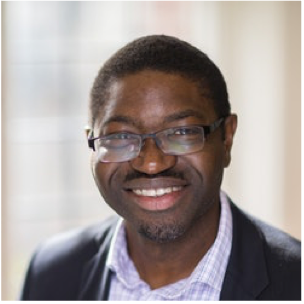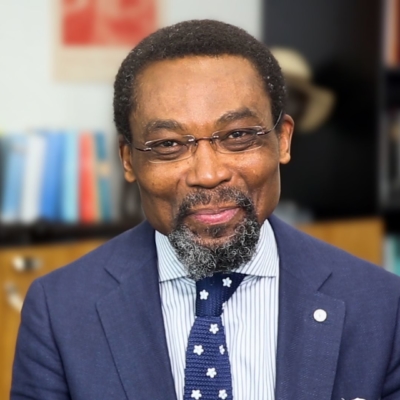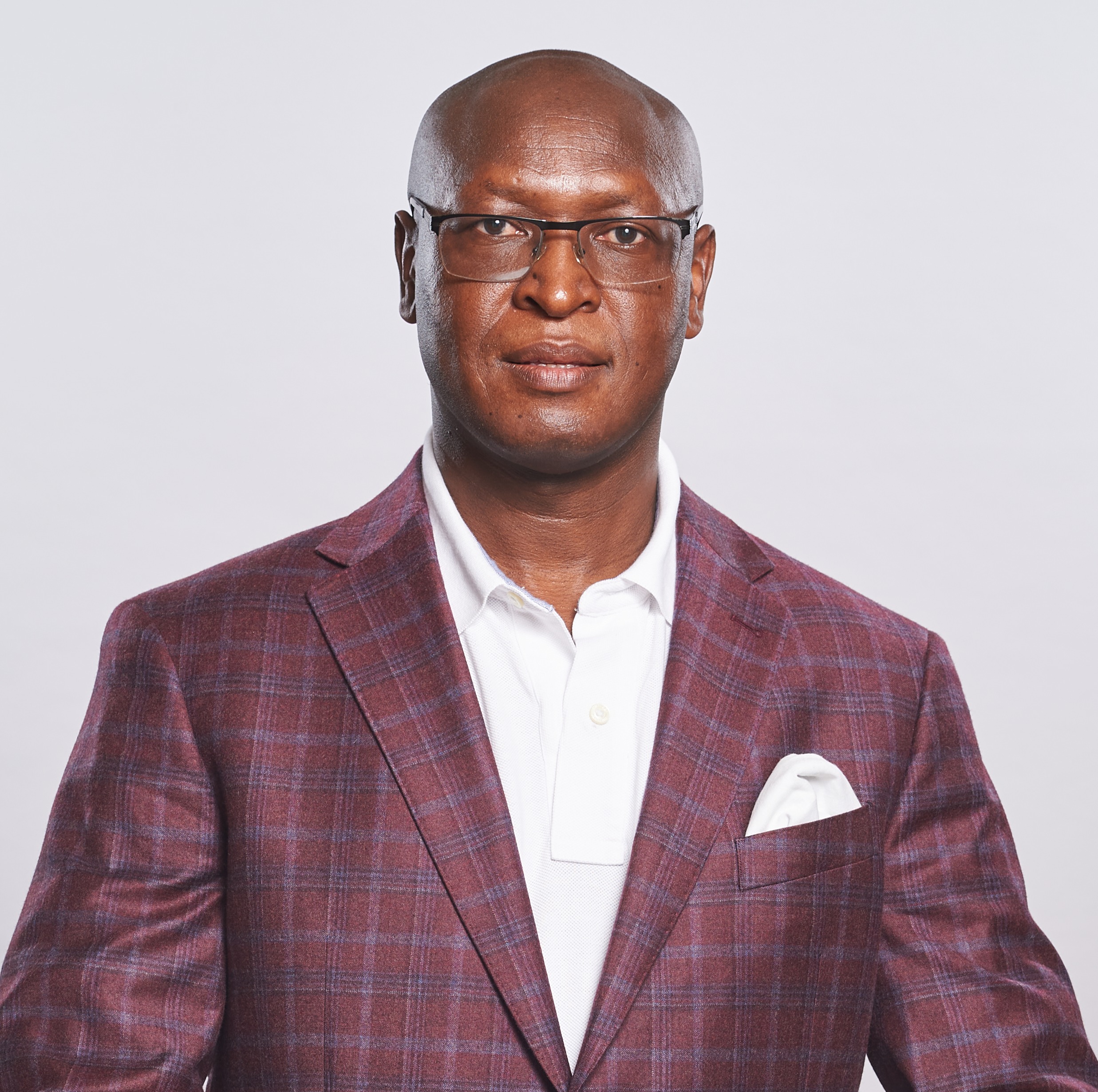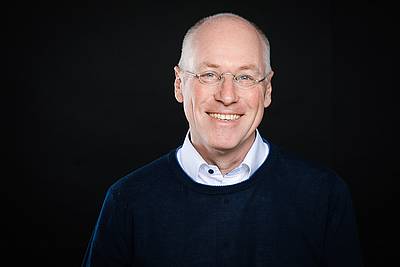ADVISORY COUNCIL
The CILPA Advisory Council
The main function of the Advisory Council will be to provide pro bono expertise and advise to the Founder of the Center for International Law and Policy in Africa (CILPA). The Council members, comprised of leading scholars and practitioners of international law drawn from Africa and around the world, will serve as a brain tank for CILPA research programming. The goal is to harness their diverse expertise in various areas of public and private international law for the benefit of CILPA, its projects, stakeholders, and beneficiaries. In addition to the above, the Founder, in developing research and other strategic partnerships, may engage members of the Council to assist in other ways deemed necessary to advance the overall aims and objectives of CILPA.

Dapo Akande
Dapo Akande is Professor of Public International Law at the Blavatnik School of Government, a Fellow of Exeter College, Oxford and Co-Director of the Oxford Institute for Ethics, Law and Armed Conflict (ELAC). Before moving to the Blavatnik School, he was Professor of Public International Law at Oxford Law Faculty and was, from 2012 to 2017, Co-Director of the Oxford Martin Programme on Human Rights for Future Generations. He is one of the authors of Oppenheim’s International Law: The United Nations (2017, OUP), which was awarded the 2019 Certificate of Merit by the American Society of International Law. Dapo is the founding editor of EJIL:Talk! the widely read scholarly blog of the European Journal of International Law. He has acted as consultant, expert, or adviser on international law issues to United Nations bodies, the African Union Commission, the Commonwealth Secretariat, and the Association of South East Asian Nations. He has provided advice to States and non-governmental organizations on matters of international law. From 2017-2018, he acted as legal adviser to the UK Parliament’s All Party Parliamentary Group on Drone’s Inquiry into the ways in which the UK works with partners on the use of drones.

Chile Eboe-Osuji
Chile Eboe-Osuji served as the President of the International Criminal Court from 11 March 2018 to 11 March 2021. During his term as President, Judge Eboe-Osuji also served as a senior judge in the Appeals Chamber of the Court until 31 March 2021 when finally retired from the Court. Before all that, Judge Eboe-Osuji served as a trial judge at the Court from March 2012 to 11 March 2018, also putting in service as the President of the Trial Division of the Court. During his time as a trial judge, Judge Eboe-Osuji presided over the trial of the Vice President of Kenya.
Prior to joining the ICC, Dr Eboe-Osuji served as the Legal Advisor to the United Nations High Commissioner for Human Rights in Geneva. As part of his functions in that capacity, Dr Eboe-Osuji led the High Commissioner’s interventions in court cases involving human rights questions, notably writing the amicus curiae submissions to the European Court of Human Rights and the United States Supreme Court. At the time, Dr Eboe-Osuji also held a cross-appointment as principal appeals counsel for the prosecution in the Charles Taylor Case at the UN-backed Special Court for Sierra Leone.
Earlier in his antecedents, Dr Eboe-Osuji held several posts at the International Criminal Tribunal for Rwanda (also known as the Rwanda genocide tribunal), including as a senior prosecutor; and, at a different time, as a senior legal officer that assisted the judges in drafting judgments.
Before joining the international public service, Dr Eboe-Osuji had practiced law as a courtroom advocate before trial courts in Canada and Nigeria. In addition to his work as trial counsel, Dr Eboe-Osuji also argued appeals before the Court of Appeal for Ontario (Canada) and the Supreme Court of Canada.
Since completing his term at the ICC, Judge Eboe-Osuji has current or recent affiliations with the following universities: Faculty of Law (Lincoln Alexander School of Law), Ryerson University, Toronto (Distinguished International Jurist and Special Advisor to the University President); University of Windsor, Windsor, Ontario, Canada (Paul Martin Snr Professor); Stanford University Law School (visiting professor); University of Toronto Law Faculty (distinguished visiting professor); Santa Clara University (sessional professor); Carr Center of Kennedy School of Government, Harvard University (senior fellow).
Judge Eboe-Osuji has also taught international criminal law as adjunct professor at the Faculty of Law of the University of Ottawa, Canada.
He has an extensive record of legal scholarship and publications, including the books titled International Law and Sexual Violence in Armed Conflicts, and Protecting Humanity (ed). He is the editor-in-chief of the Nigerian Yearbook of International Law.
He received his PhD from the University of Amsterdam, the Netherlands (with thesis in international criminal law). Before that, he received his Master of Laws (LLM) degree from McGill University, Canada, where he also did his Canadian law degree accreditation studies. He received his Bachelor of Laws (LLB) degree from the University of Calabar, Nigeria. He received an honorary Doctor of the University degree from Middlesex University, England; and the Gold Medal of the honorary patronage of the Philosophical Society of Trinity College, University of Dublin, Ireland.

Pacifique Manirakiza
Pacifique Manirakiza is an Associate Professor at the Faculty of Law (Common Law Section) at the University of Ottawa where he teaches international criminal law, African international law and Canadian criminal law. In 2011 Professor Manirakiza was elected to serve as a member of the African Commission on Human and People’s Rights. In that capacity, he was the Chairperson of the Working Group on Extractive Industries, Environment and Human Rights. Professor Manirakiza advocated for the rights and the empowerment of local communities affected by the extractive industry in Africa. In 2014, he was appointed as member of the first African Union-led Commission of Inquiry in relation to the conflict in South Sudan. In the same year, Professor Manirakiza led a team of lawyers before the African Court on Human and Peoples’ Rights, arguing a case on behalf of the Ogiek community of Kenya. In Burundi, he served as an Assistant Professor at University of Burundi as well as a Deputy Prosecutor in Ngozi and Rutana Provinces.

Claus Kress
Claus Kress is a Professor of International Law and Criminal Law. He holds the Chair for German and International Criminal Law and he is the Director of the Institute of International Peace and Security Law at the University of Cologne. His prior practice was in the German Federal Ministry of Justice on matters of criminal law and international law. In addition to his scholarly work, comprising more than 150 publications on the law on the use of force, the law of armed conflict and international criminal law, he has been a member of Germany’s delegations in the negotiations regarding the International Criminal Court since 1998. He is a Life Member of Clare Hall College at the University of Cambridge, a Member of the Academy of Sciences and Arts of Northrhine- Westphalia, and the recipient of the 2014 M.C. Bassiouni Justice Award as well as honorary doctorates from the State University Tbilisi and the University of Huánuco. He was a Guest Professor at Columbia Law School and Melbourne Law School.
